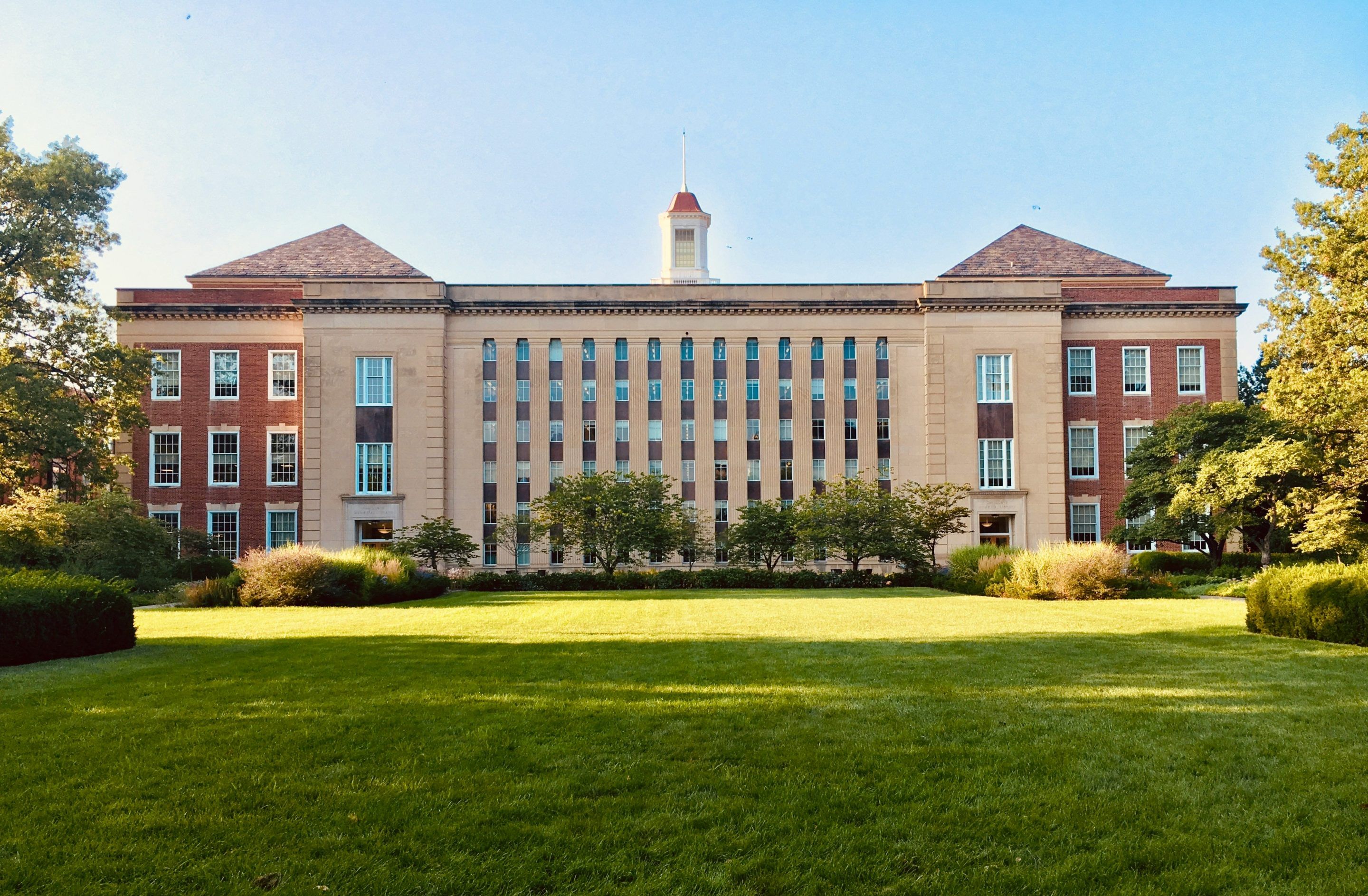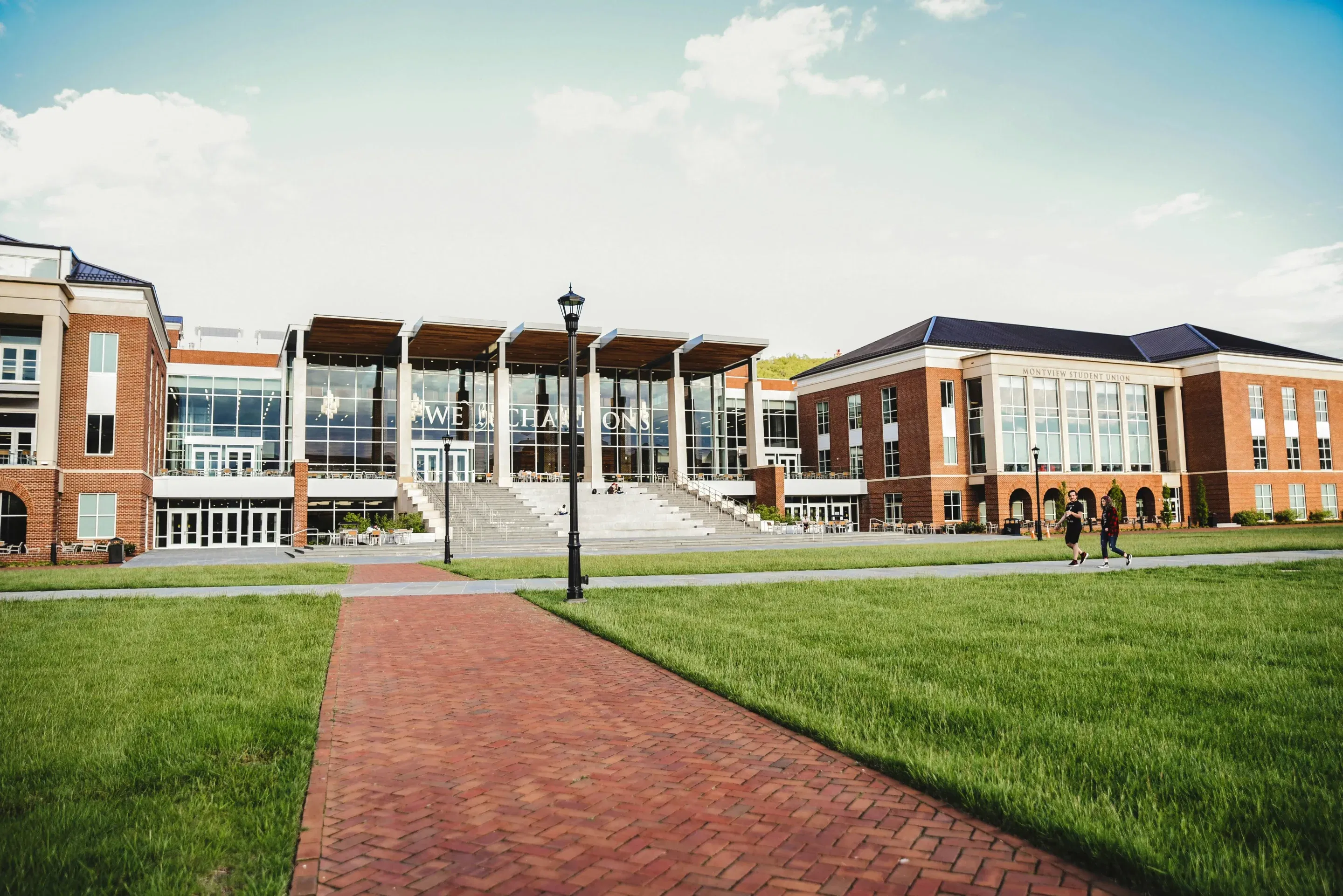The terms “college” and “university” are widely popular amongst students seeking higher education. However, some key differences which make them different from each other. There are 23,626 schools and universities that offer study programmes in the world. Colleges are those which are relatively smaller with limited availability of programmes. Universities are larger educational institutions that offer a wide range of courses. In this guide, we’ll discover the major differences between a college vs university, their features, advantages and disadvantages. So keep reading further to know more.
College Vs University: Highlights
While both these institutions boast unique features, advantages and disadvantages, the key aspects of colleges and universities are highlighted below:
| College | University |
| Offers undergraduate programmes across various fields | Offers a wide range of undergraduate, graduate, and doctoral programmes |
| Smaller class sizes | Larger class sizes |
| Limited academic programmes | Diverse academic programmes |
| Focused on specific fields or vocational training | Comprehensive education across disciplines |
| Lower costs | Higher costs |
| Personalised attention | More resources and facilities |
| Faster degree completion | Longer degree programmes |
| Strong industry connections | More research opportunities |
| Limited extracurricular activities | Extensive extracurricular activities |
What is a College?
A college is an educational institution offering undergraduate programmes across different fields of study. Colleges often feature smaller class sizes for an intricate learning environment. One major comparison between a college vs university is that colleges offer lesser programmes. This is because of the limited class sizes and state funding along with space constraints. Winchester College in the UK and St Peter’s College (South Australia) are examples of colleges.

Technical & Vocational Colleges:
Most of these institutions offer undergraduate and bachelor’s programmes. Colleges that offer course-specific professional specialisations are called vocational or technical colleges.
These institutions specifically cater to a set group of students who want to pursue education in a specific field. Unlike traditional four-year colleges, vocational colleges offer prompt learning schedules, which take less than two years to complete. Additionally, they may require apprenticeships or prior technical experience.
Community Colleges:
Community colleges for students are the ones which award certificates, diplomas, and two-year associate degrees. Their main goal is to offer accessible and affordable education. They provide higher education for traditionally underserved communities.
Liberal Arts Colleges:
Liberal arts colleges are those four-year undergraduate institutions which provide education in the liberal arts disciplines such as the humanities and social sciences.
These colleges are different from larger universities as they do not always offer specific professional education, such as in business, finance or engineering. They rather combine academics and practical techniques which are needed in real-life jobs and situations.
Colleges Within Universities:
Colleges within universities and independent colleges are different. This is because colleges within universities can be a small aspect of a leather university. Independent colleges are the ones which are separate entities.
Larger universities can have several smaller colleges dedicated to offering education in certain fields like engineering, finance or other subjects. Independent colleges offer multiple undergraduate courses with smaller classes and fewer students.
Advantages & Disadvantages of Colleges:
Students have the option of attending either colleges or universities for higher education. Colleges offer more personalised attention due to smaller class sizes. However, this often becomes a challenge as students get less exposure to a more diverse study environment. The table below showcases the pros and cons of colleges.
| Advantages of Colleges | Disadvantages of Colleges |
| Specialised education | Limited academic options |
| Personalised attention | Less comprehensive education |
| Hands-on experience | Limited research opportunities |
| Career-focused programmes | Limited networking opportunities |
| Strong industry connections | Limited extracurricular activities |
| Accessible entry requirements | Limited resources and facilities |
| Lower cost | Limited graduate programmes |
| Streamlined programmes | Limited diversity |
| Faster completion | Limited brand recognition |
| Smaller community | Limited global exposure |
What is a University?
A university offers various academic programmes, including undergraduate, master’s and PhD programmes. Universities are usually larger institutions with multiple campuses, libraries and impressive job placements. For instance, Oxford University, Cambridge University, Coventry University and Harvard University amongst others are leading examples of universities.

Advantages & Disadvantages Of Universities:
While universities offer an enriching study experience, there is a set of pros and cons to evaluate. The table below aims to highlight the potential advantages and disadvantages of pursuing higher education at a university.
| Advantages of University | Disadvantages of University |
| Wide range of academic options | Higher cost |
| Comprehensive education | Larger class sizes |
| Research opportunities | Competitive admission requirements |
| Extensive resources and facilities | Bureaucracy and administrative processes |
| Networking opportunities | Research-focused curriculum |
| Interdisciplinary studies | Higher academic expectations |
| Graduate programmes | Limited access to professors |
| Global Exposure | Increased competition |
| Prestige and recognition | Impersonal lecture-based classes |
| Extracurricular activities | Limited flexibility in course selection |
Similarities Between Universities And Colleges:
Major differences between a college vs university remain in the set of programmes offered, teaching methods, student population and class sizes. However, there are some aspects that make colleges and universities similar to each other which include:
- Both colleges and universities offer higher education.
- Both these institutions provide undergraduate programmes across different fields.
- Students are awarded degrees after the completion of their chosen programmes.
- Both institutions have teaching faculty members.
- There are various extracurricular activities, student clubs, and events for the students.
- Internships are available at both universities and colleges.
College Vs University – Which One Is Right For You?
The choice between a college and a university can be important when you want to go for higher education. There are major differences in the programmes offered, campus environment, and overall experience at universities and colleges.
Colleges normally offer undergraduate degrees or vocational training in specific fields. Universities offer undergraduate/bachelor’s, master’s and PhD programmes.
Thus, this was an overall comparison between colleges and universities to help you provide a clear understanding. After being clear on your aspirations and career goals, you can decide to make the right choice between these two institutions.
FAQs
1. What is the difference between a college and a university?
Colleges are those which are relatively smaller with limited availability of programmes. Universities on the other hand are diverse educational institutions offering a wide range of courses.
2. Which courses are offered by universities and colleges?
Colleges usually offer undergraduate degrees while universities offer bachelor’s courses, master’s and PhD programmes across different fields.
3. Which is better in universities and colleges?
The comparison can greatly vary depending on personal preferences, career objectives and the course that you are applying for.
4. Do college degrees hold less value than university degrees?
This can depend on the college’s reputation and the course you have applied for.
5. Can I join a university after 12th?
Yes, students can apply for university courses after completing 12th.
We hope you liked this blog post. Here are some more interesting reading suggestions:















0 Comments